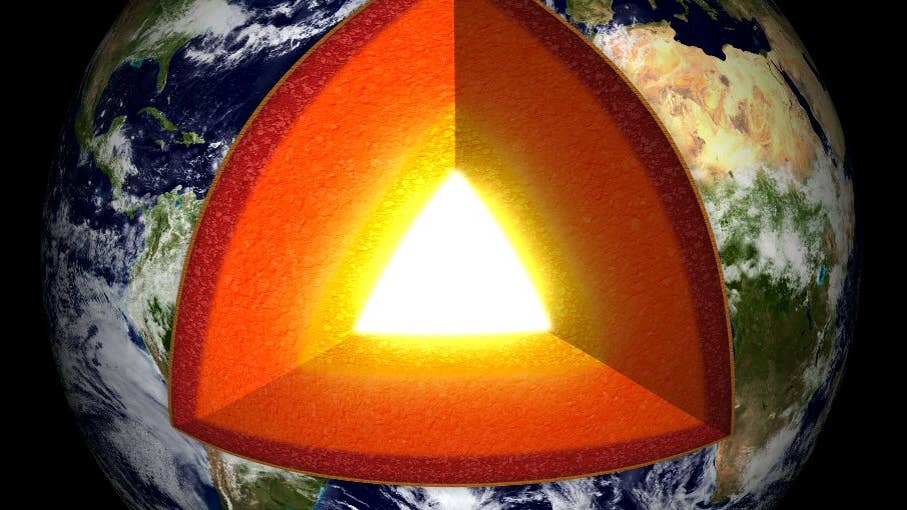Deaths Due To Cancer Decreased 20 Percent In Last 20 Years

Share
The rate of deaths due to cancer in the United States is dropping. Americans today have a 20 percent less chance of dying from cancer than they did nearly 20 years ago.
The Annual Report to the Nation on the Status of Cancer was released by the American Cancer Society on January 21. According to the report overall deaths due to cancer dropped from 215.1 deaths per 100,000 people in 1991 to 173.1 deaths per 100,000 in 2009 – a 20 percent decrease. Men and women showed similar drops in risk between 2000 and 2009: risk of cancer among men decreased 1.8 percent per year, while risk for women dropped 1.4 percent per year. Children between 0 and 14 years of age were 1.8 percent less likely to die from cancer over the same time period.
For adults the drop in mortality is due in part to fewer new cases being diagnosed. Between 2000 and 2009 men and women showed an average decrease of 0.6 percent of new cases per year. Children, on the other hand, showed an average 0.6 percent increase in number of new cases. The faster decline in deaths, however, is attributed to better screening and treatment, and the decreasing number of Americans who choose to smoke.

Better screening is in part responsible for the drop in deaths due to cancer seen among both men and women between 2000 and 2009. [Source: Wikimedia Commons]
The report also showed that mortality due to the four most common types of cancer – lung, colon, breast and prostate – all declined by at least 30 percent. The decrease in deaths due to lung cancer among men, a trend that began in the 1990s, has continued through the past decade. Women have seen deaths due to lung cancer drop over the past three years. And while the rate of breast cancer cases has actually remained steady between 2000 and 2009, the number of deaths due to breast cancer has declined. These trends are thought to be due to declines in smoking.
Be Part of the Future
Sign up to receive top stories about groundbreaking technologies and visionary thinkers from SingularityHub.


The news isn’t good for all types of cancer, however. Among women, rates of new cases increased for melanoma, thyroid, kidney, pancreatic, liver and uterine cancers as well as leukemia. The report mentions that excess weight and a lack of physical activity is a risk for these cancers.
And while the 20 percent decrease in cancer-caused mortalities means 1.18 million cancer deaths were prevented, cancer still remains among the deadliest killers for Americans, second only to heart disease. In addition to those forms mentioned above, the incidence of colon and rectal cancers is also increased with obesity.
Which makes America’s expanding waistline all the more problematic. Right now two-thirds of American adults are obese and a third of American children. And projections indicate it’s going to get worse, with more than half of Americans becoming diabetic or pre-diabetic by 2020.
So while cancer mortality rates are decreasing, for the time being, let’s hope that the benefits of better screening and treatments tip the scale against the obesity epidemic that’s almost certain to worsen in the coming decade.
Peter Murray was born in Boston in 1973. He earned a PhD in neuroscience at the University of Maryland, Baltimore studying gene expression in the neocortex. Following his dissertation work he spent three years as a post-doctoral fellow at the same university studying brain mechanisms of pain and motor control. He completed a collection of short stories in 2010 and has been writing for Singularity Hub since March 2011.
Related Articles

This Week’s Awesome Tech Stories From Around the Web (Through February 14)

Vast ‘Blobs’ of Rock Have Stabilized Earth’s Magnetic Field for Hundreds of Millions of Years

Elon Musk Says SpaceX Is Pivoting From Mars to the Moon
What we’re reading
